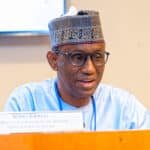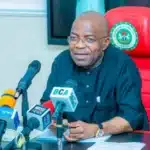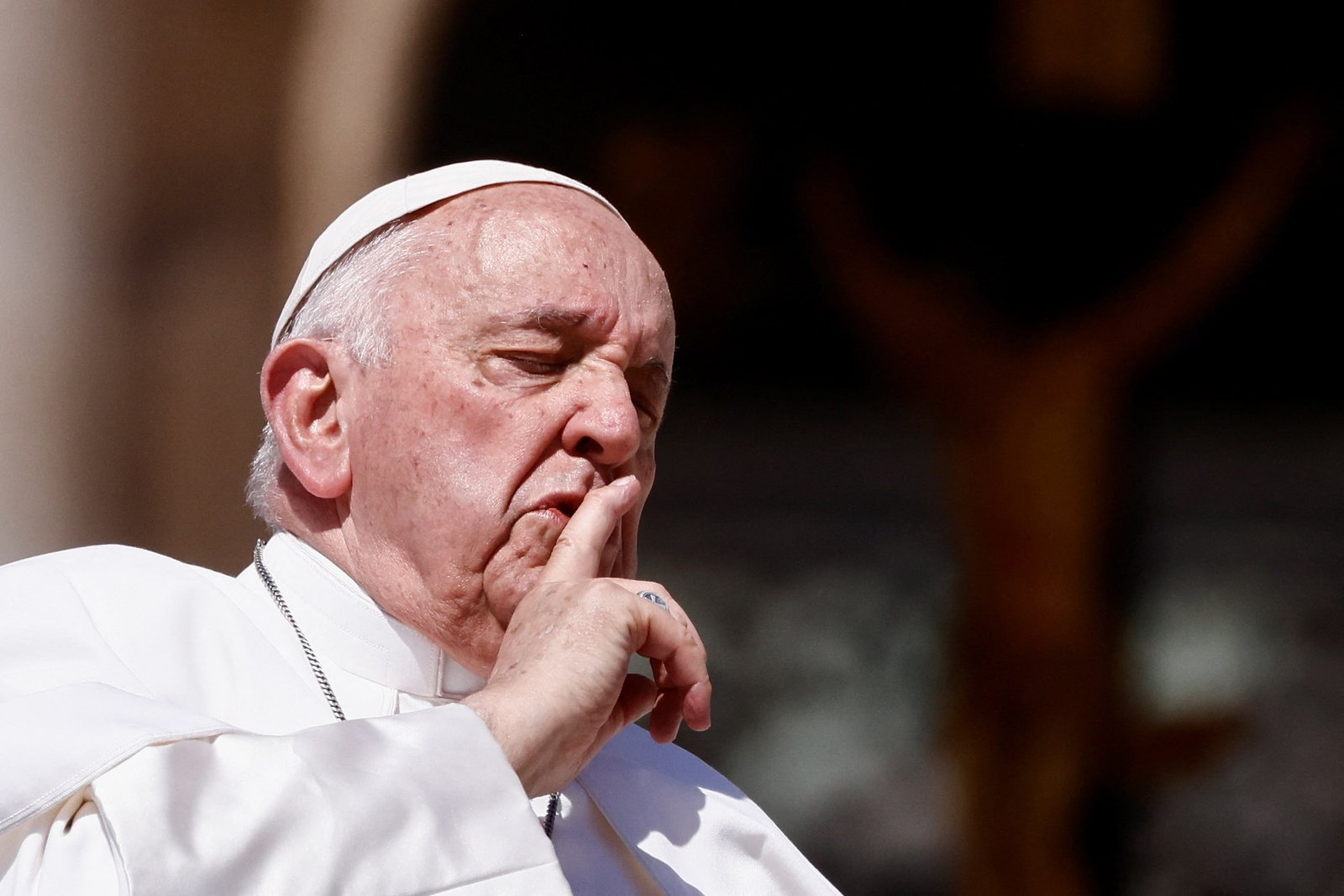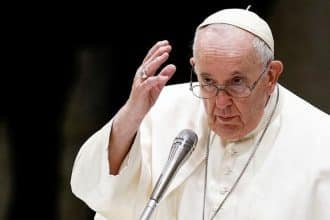The Vatican attempted to provide a clearer explanation on Thursday regarding the Catholic Church’s recent approval of blessings for same-sex couples.
They denied any deviation from doctrine while emphasising the need for caution in certain countries.
The clarification was issued by the Dicastery for the Doctrine of the Faith in response to criticism from bishops, particularly in Africa, who expressed concern over the Church’s authorization of blessings for “irregular” and same-sex couples under specific circumstances.
The document, published in December, was interpreted by some conservative Catholics, especially in Africa, as a reversal of the Church’s stance on gay marriage and homosexuality, both of which are opposed by the Church.
However, the Vatican reaffirmed its support for the document, stating that it provides a “clear and definitive” position on marriage and homosexuality.
“There is no room to distance ourselves doctrinally from this Declaration or to consider it heretical, contrary to the Tradition of the Church or blasphemous,” the Dicastery wrote.
The original declaration stated that priests could only perform blessings for same-sex couples, divorced individuals, or unmarried couples in non-ritualized situations, and not for weddings or civil unions.
The Vatican’s recent decision has faced strong opposition in Malawi, Nigeria, Zambia, and the Democratic Republic of Congo (DRC).
Many bishop’s conferences worldwide have expressed understandable reactions to the decision, emphasising the need for more time for pastoral reflection.
The Dicastery acknowledged that there may be certain circumstances where blessing same-sex couples would not be appropriate.
“If there are laws that condemn the mere act of declaring oneself as a homosexual with prison and in some cases with torture and even death, it goes without saying that a blessing would be imprudent,” said the Dicastery.
It advised “prudence and attention to the ecclesial context and to the local culture” in applying the measure.
Without naming countries, it articulated that in some, “there are strong cultural and even legal issues that require time and pastoral strategies that go beyond the short term.”
Pope Francis, 87, has pushed on opening the Church’s doors to all of its faithful, including the lesbian and LGBTQ communities, since his election in 2013.
However, his initiatives have been greeted with fierce opposition from their conventional and conservative edges.









